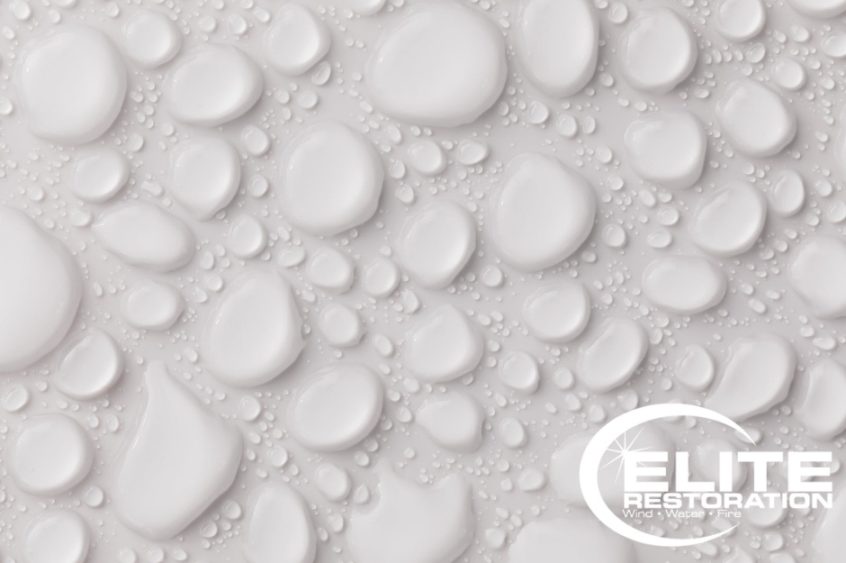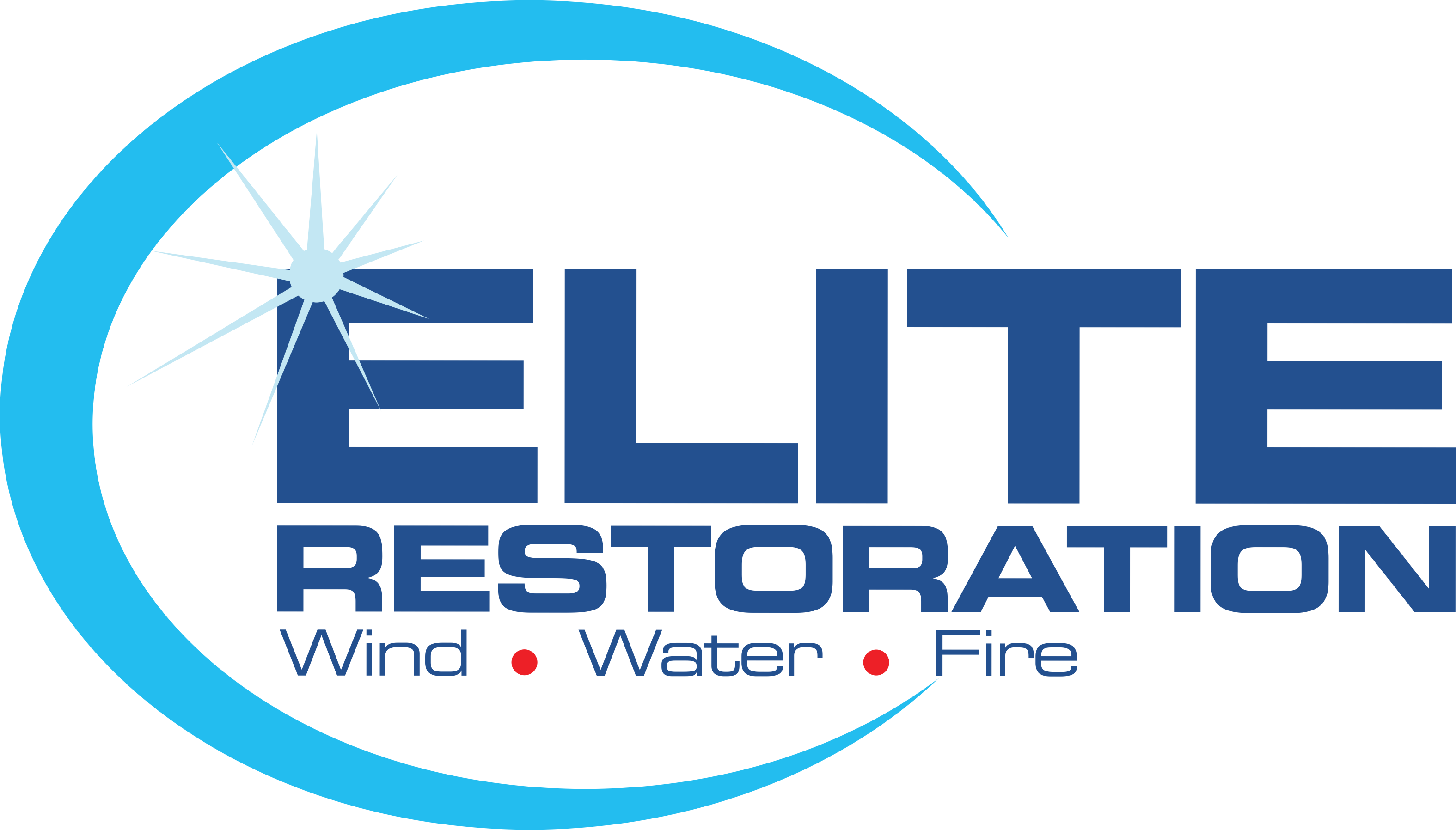5 Ways to Prevent Water Damage

We’re well into the summer time, and we’ll soon be heading into the fall! While you don’t usually need to be concerned about rain and flooding in the early Idaho summertime, heavy rainstorms are common here in the late summer and into the Fall. It’s important to protect your home from potential water damage caused by heavy rains or sudden flooding. Below are five tips and tricks that will help you waterproof your home this season so that you won’t need to call a us for water damage restoration!
1. Inspect your roof, foundation, and perimeter.
You don’t have to be a professional roofer or builder to perform a quick visual inspection of your home! Check your roof for any obvious holes and missing or damaged shingles. If you spot any glaring issues, you can attempt a DIY fix or call a professional roofer to take care of them for you. Visually inspect your home’s foundation for any cracks or leaks. Also, make sure to keep an eye out for any areas around your foundation where water might collect during heavy rains. If your yard slopes toward your home, or if you have any sunken ground around your foundation, try to resolve this as soon as possible! You don’t want water pooling around your foundation, because it could end up in your basement. Finally, check your yard for any holes or trenches where water may gather. Water has a way of worsening existing issues, and filling these areas now will prevent them from getting deeper and deeper over time.
2. While you’re up there, clean out your rain gutters!
This is especially important to do during the Fall season. Trees begin to drop their leaves, and they often end up landing right in your gutters. During the rainy season and into the winter, this can be a big problem. Water that overflows from your gutters can end up pooling on your roof, and from there, getting into your house. Even if your home is sealed along the eaves, trapped water can damage the exterior of your home. Nobody likes cleaning out the rain gutters, but it’s a much easier DIY job than trying to remove and repair water damaged or moldy drywall! You can either hire someone to take care of this for you, or you can handle this chore yourself. If you choose to go the DIY route, be sure to use our handy guide on cleaning out your own rain gutters!
3. Take steps to protect your belongings.
This is one water damage prevention step that many of us overlook! The most surefire way to keep your belongings safe from water damage is to keep them in a safe place. All the preventative steps in the world won’t change the weather, and floods can happen. Keep important documents in water tight containers, such as locking totes or water tight filing cabinets. The same goes for important family photos, decorations, and other items. If you already keep these items in plastic totes, take a few minutes to inspect your totes for cracks or chips. Finally, try not to keep important belongings on the ground, especially if you’re storing them in the basement. Simple shelving units can be a great alternative to stacking plastic totes! If you find that you’ve run out of shelf space, invest in plastic totes for your important belongings. Cardboard is easy and cheap, but it won’t protect its contents from water in the event of a basement flood.
4. Leaving town for a summer vacation? Turn off your water.
Winter is often the season we associate with turning off the water, but it’s smart to do this any time you’re going to be away from home for an extended period. Nobody wants to come home from a relaxing vacation to find their home has flooded! You’ll probably want to leave your sprinklers on so your lawn doesn’t dry out, but shutting off the water to the rest of your house helps make sure nothing overflows, leaks, or drips while you’re gone. It’s also a good idea to get familiar with where your home’s main water valve is. This way, you always know where to shut things off if a pipe bursts! If you’d prefer not to shut off your water, try asking a friend, family member, or neighbor to check on your home every few days for you.
5. Consider Installing a Water Alarm.
These are less well known than smoke alarms or CO2 alarms, but they work in a very similar way. When water is detected, an alarm sounds which warns you of an issue! These are commonly placed in areas where water use is frequent, such as laundry rooms, bathrooms, and basements. You can also install them next to your home’s sump pup, or near large appliances like your dishwasher. These are an especially good idea if you’ve had issues with a leaking appliance in the past. Check our some of the more popular models of water alarms at Honeywell, and Home Depot.
These are a few simple steps you can take to reduce your odds of dealing with water damage.
However, if you’re already dealing with water damage or a burst pipe, call Elite Restoration! We offer 24/7 emergency service, and a response time under one hour. We’ll help locate the source of your water leak, repair water damage, treat mold, and prevent future mold growth.

